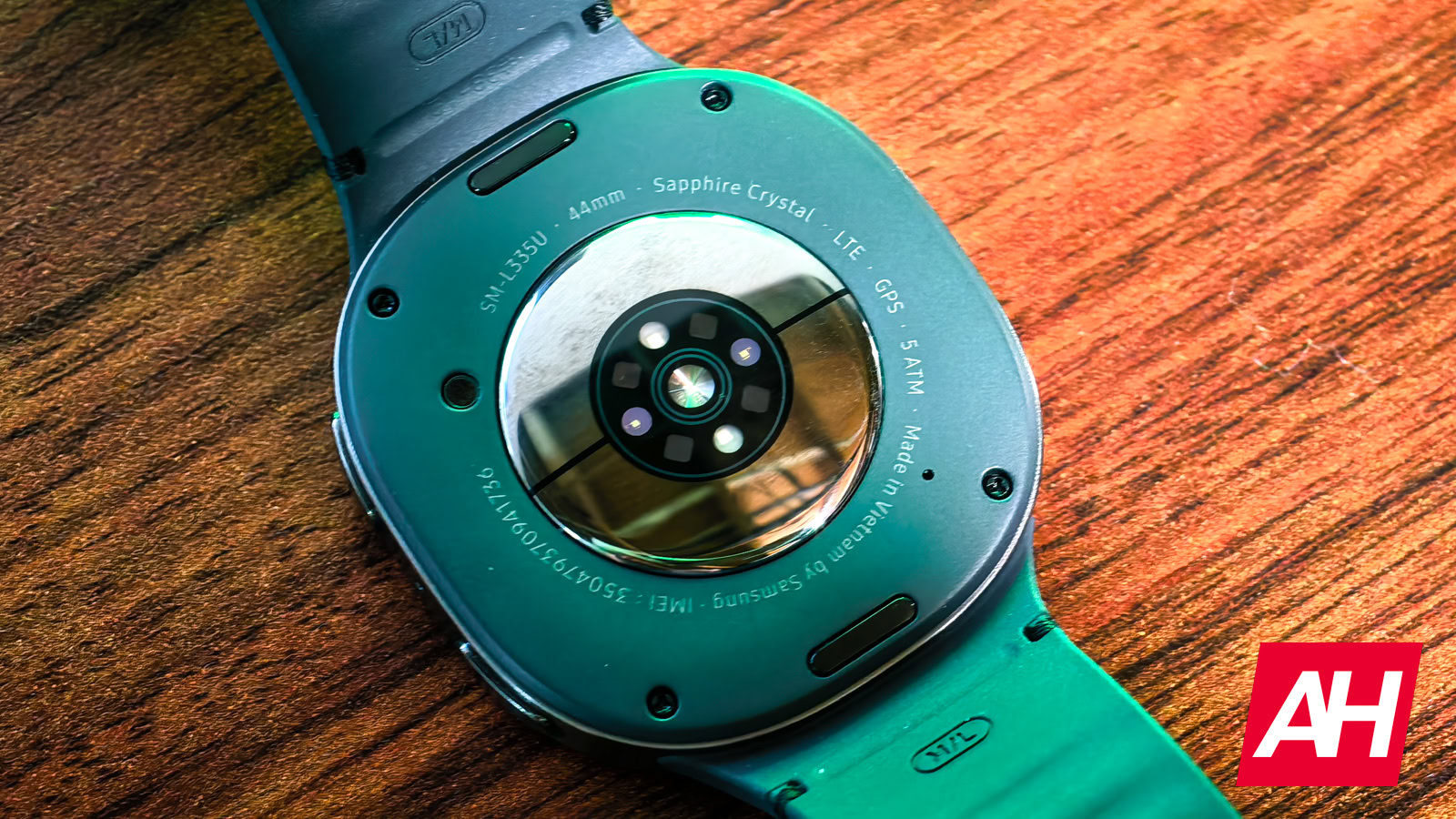
Galaxy watches have been in the limelight for their advanced health tracking features, but Samsung doesn’t seem to be stopping here, as it is reportedly exploring a new tech that could allow Galaxy smartwatches to detect early heart failure. It plans to use AI algorithms and ECG technology to identify Left Ventricular Systolic Dysfunction (LVSD), a condition that weakens the heart’s ability to pump blood.
Samsung Galaxy watches might soon detect early heart failure
Samsung’s new heart detection feature uses an advanced, specialized AI algorithm developed by Korean healthtech startup Medical AI. It basically reads and interprets the ECG reading generated from the Galaxy watch and then compares it to clinical 12-lead ECG data. The goal is to detect LVSD with the highest possible accuracy, even from a single-lead ECG. This is a major innovation when compared with the current smartwatches that can only identify irregular heartbeats, with worse accuracy, no less.
Samsung has also received approval from South Korea’s Ministry of Food and Drug Safety for this technology. The AI-powered system works through an app called AiTiA LVSD-1L. The app is primarily responsible for measuring ECG data and providing results based on it. Clinical testing has also assured the new technology. However, the brand would need further regulatory clearance before making it commercial.
Aside from the early heart failure detection tech, Samsung is also exploring the possibility of brain monitoring using wearables. The company has partnered with Hanyang University to develop an EEG prototype device that sits around the ear. The device has been tested for detecting drowsiness, which could improve safety in activities like driving, and even tracks brain responses to content.
However, since the concept is still in the prototype phase, it’s very unclear whether it will make its way to the commercial market or not. But if it passed all rounds of testing, the Galaxy Buds could be the first gadget to land with this particular tech. It may very well land as a standalone device.



